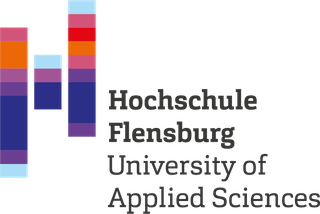Developing and using checklists to improve software effort estimation: A multi-case study
Usman, M., Petersen, K., Börstler, J., & Neto, P. S. (2018). Developing and using checklists to improve software effort estimation: A multi-case study. Journal of Systems and Software, 146, 286–309.
